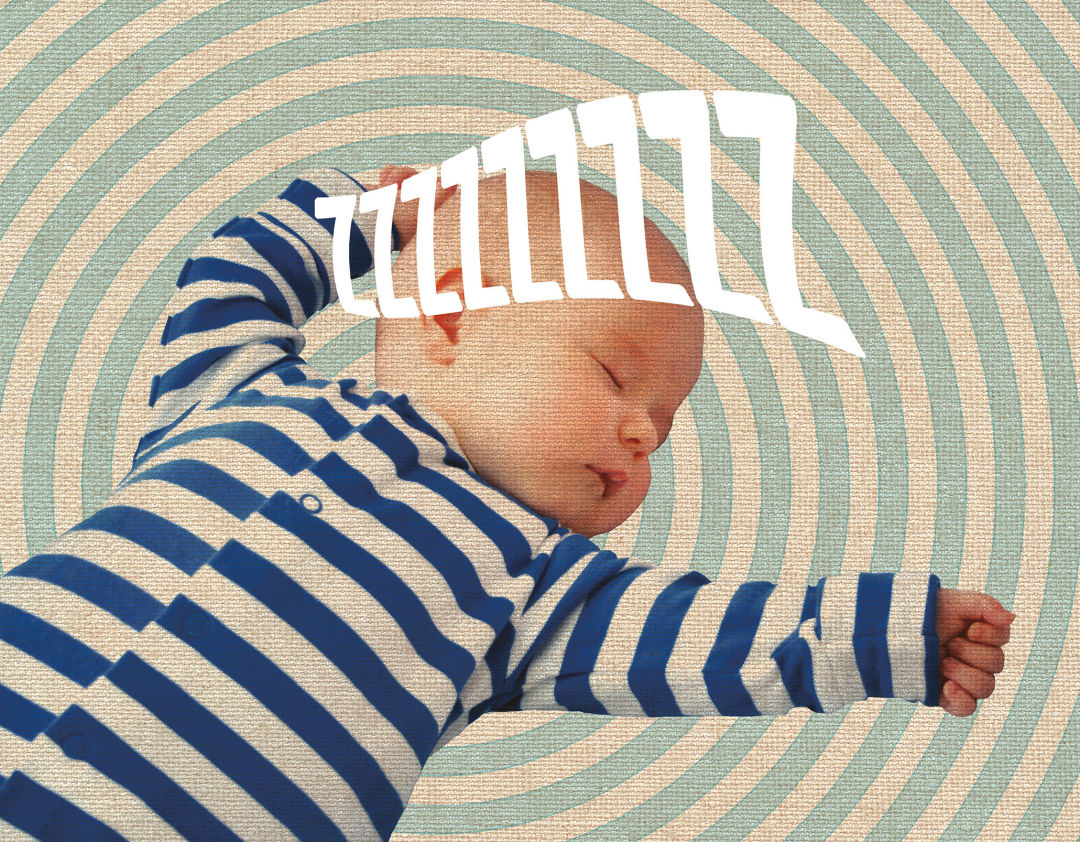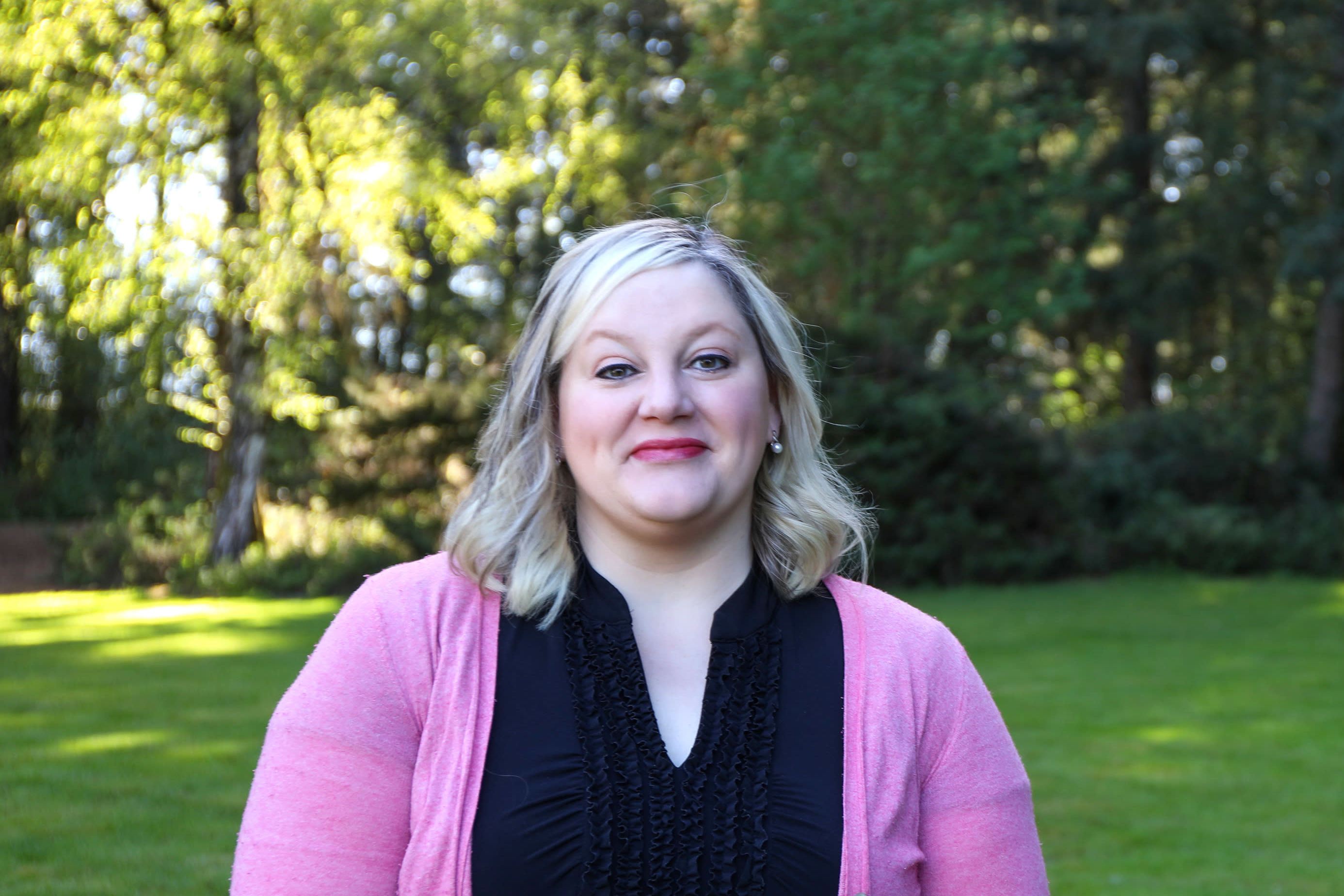A Local Neurologist Thinks a Baby’s Dream State May Affect Their Adult Life

Image: Michael Novak
What parent hasn’t hunched blearily over a mercifully sleeping baby and wondered what they’re dreaming about? Mother of three Miranda Lim—who also happens to be a staff physician at the Portland VA Health Care System and an assistant professor of neurology at OHSU’s School of Medicine—decided to investigate.
Her theory? That during REM sleep, when we dream most intensely, newborns process the sensory social cues they’ve absorbed when awake, and that interrupted REM sleep patterns for babies could be a root cause of sensory processing disorders such as autism, which sometimes manifests in the inability to pick up on social cues. (The subject is close to her heart, since her two oldest children are on the spectrum.) She tested the hypothesis on prairie voles and found that frequent interruptions of their infant REM sleep cycles left the normally highly sociable creatures less likely to form meaningful relationships later in life. (Paging Tinder.) Next up, Lim is working with colleagues on a noninvasive way to capture infant sleep patterns, to screen for REM interruptions, and offer earlier intervention for kids most at risk of developing autism and other sensory processing disorders.
Her sleep tips for exhausted parents: “Maximize sleep in general! Bring more awareness to the environment that children are sleeping in, and stick to a routine that allows for good sleep opportunities.”




